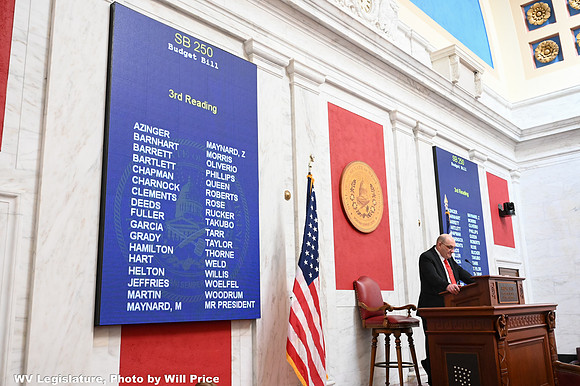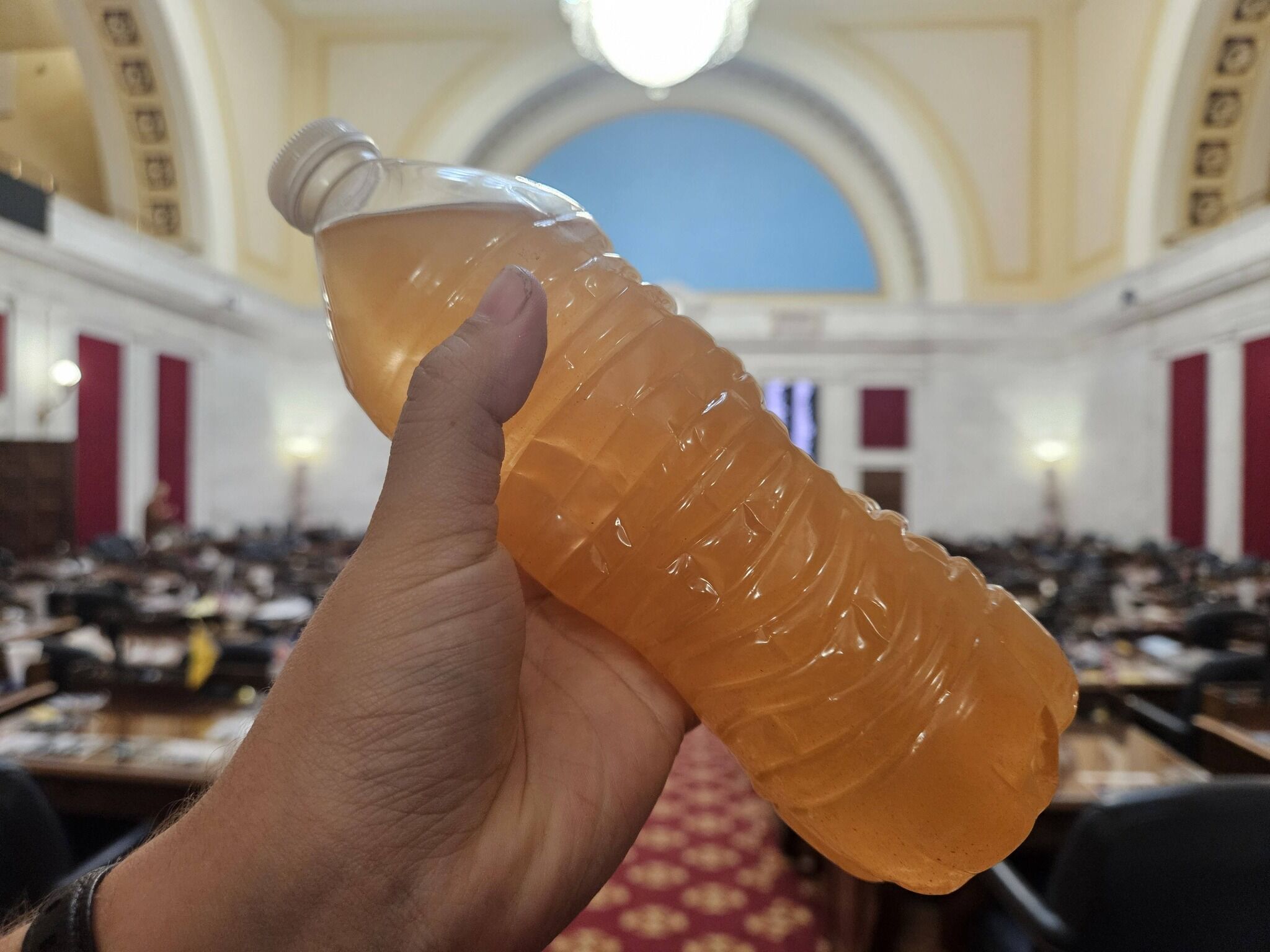- Like
- Digg
- Del
- Tumblr
- VKontakte
- Buffer
- Love This
- Odnoklassniki
- Meneame
- Blogger
- Amazon
- Yahoo Mail
- Gmail
- AOL
- Newsvine
- HackerNews
- Evernote
- MySpace
- Mail.ru
- Viadeo
- Line
- Comments
- Yummly
- SMS
- Viber
- Telegram
- Subscribe
- Skype
- Facebook Messenger
- Kakao
- LiveJournal
- Yammer
- Edgar
- Fintel
- Mix
- Instapaper
- Copy Link
As of the end of last year, the 118th Congress was on track to be one of the least productive in modern history. The US House passed only about twenty laws while spending the rest of the time in-fighting, electing and then removing their leader and renaming public buildings while the country careened from one government funding crisis to another.
Unfortunately, just two months into the new year, there’s little promise of improvement. Instead of doing their jobs, some lawmakers are busy resurrecting bad ideas to deflect from the real issues at hand. One of the most troubling is the creation of another “fiscal commission” that purports to address the nation’s growing debt by putting “everything on the table,” for slashing programs with massive cuts through an expedited, secret process.
This proposed fiscal commission is likely to double down on cuts to programs that are already struggling to keep up with the need for services including Medicaid, SNAP (Supplemental Nutrition Assistance Programs), and housing assistance. This type of secret Commission with an open-ended mandate could, as we’ve seen in the past, even threaten programs like Social Security and Medicare. Cuts to these most popular senior programs are the last thing we need as a record number of people in our country turn 65 Consider that our state is third oldest in the nation with over 20% of its population over 65! West Virginia also ranks fourth in the nation with citizens living below the poverty level, so more of us struggle to afford the cost of prescriptions, food and housing that remains stubbornly high. Our people and our state’s economy would take a big hit from any cuts to these social programs.
While we do need to plan for an ever-aging population, cutting earned benefits and services should not be a part of it, especially as a growing number of wealthy families and price-gouging corporations continue to pay lower tax rates than most middle class workers. In 2020 55 extremely profitable US corporations paid zero, zilch, not one penny of income taxes, according to the Institute on Taxation and Economic Policy. These companies include names like Whirlpool, FedEx, Nike, HP and Salesforce.
Instead of a commission designed to cut programs and services that people need to manage in today’s economy, Congress should get serious about its fiscal responsibility by making the rich and corporations pay their fair share of taxes and plugging the hundreds of loopholes in our tax code. Since GOP leaders are now treating our debt with so much urgency–this should be part of the solution.
The 2017 Trump tax cut law added more than $1 trillion to the national debt. Although current leaders in Congress are eager to make more of these tax breaks permanent, doing so would add over $288 billion to the debt in just the first year. Despite the cost to our economy, Republicans have made this, plus rolling back IRS (Internal Revenue Service) enforcement of taxes on households making over $400,000, their top priorities. Letting these households continue to get away with dodging taxes they owe would add $24 billion more to the national debt.
Many corporations which got deep tax breaks under the Trump tax law turned around and made record high profits during the pandemic by price-gouging on everything from groceries to prescription drugs. In fact, corporate tax rates have plummeted since the 1950s, leaving corporations paying less than half of what they used to pay in corporate taxes. Guess who gets to make up the shortfall? You guessed it, you, me and all the other working families paying their taxes every year.
We don’t need a new fiscal commission to address the nation’s spending–what we need is for lawmakers to stop giving away tax cuts to the rich and corporations and then proposing cuts for the rest of us to suffer in order to pay for debt incurred to make the wealthy ever richer.
Ending tax giveaways to the rich and corporations is a popular way to address the deficit, but it’s not the only one. Another way is for the federal government and taxpayers to stop overpaying for things that should be much cheaper–like prescription drugs. Americans pay 2 to 3 times more for prescription medicines than people in other countries. For 20 years, Medicare, the largest purchaser of prescriptions, was banned from negotiating lower prices. A new law is changing all that and forcing negotiations on a small number of high price drugs that will save tens of billions of dollars over the next decade. But we could be saving even more if Congress expanded negotiations to include all Medicare prescriptions.
We would spend even less if Congress were to, once and for all, put an end to overpayments for so- called Medicare Advantage plans that have made huge profits for Big Insurance, while costing taxpayers and patients a fortune. A recent report shows that insurance companies offering Medicare Advantage (MA) plans are overpaid by up to $140 billion a year by Medicare. The Biden Administration is already taking action to claw back some of the overpayments, but Congress should prevent this overpayment problem in the future.
Making the rich and wealthy corporations pay their fair share, cutting waste and reining in corporate price-gouging are better alternatives than cutting healthcare, housing, nutrition and education programs that equip millions of people to participate in today’s tough economy. And we don’t need a rigged commission to get there–especially since past commissions have not resulted in the kind of miracle debt cures that politicians promised. Instead, they’ve been used to attack earned benefits like Medicare, Social Security through cuts, privatization and other tactics or to slash our safety net programs. When it comes to lowering debt and reducing spending, there are better options.
Beware the wolf in sheep’s wool!




